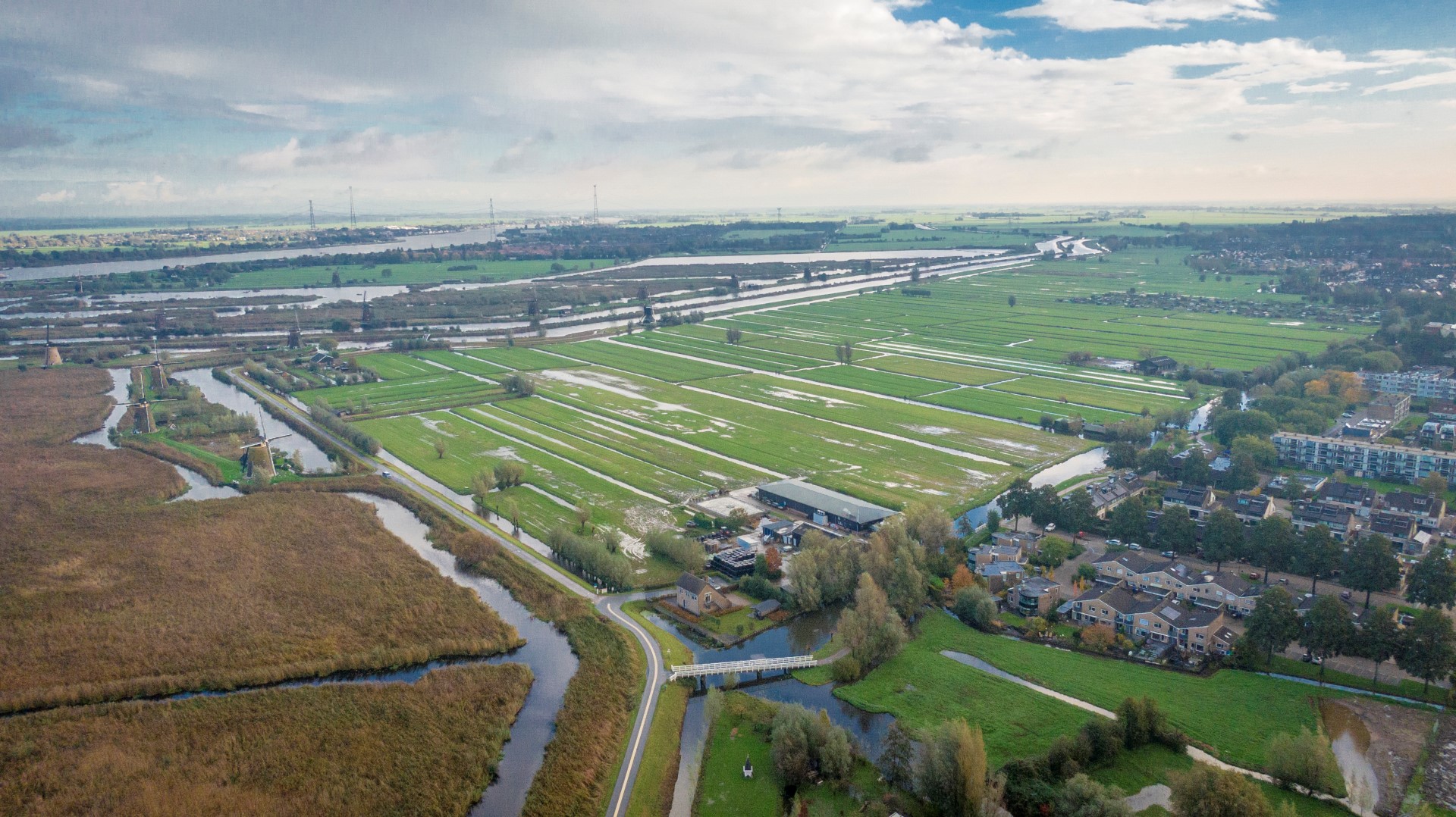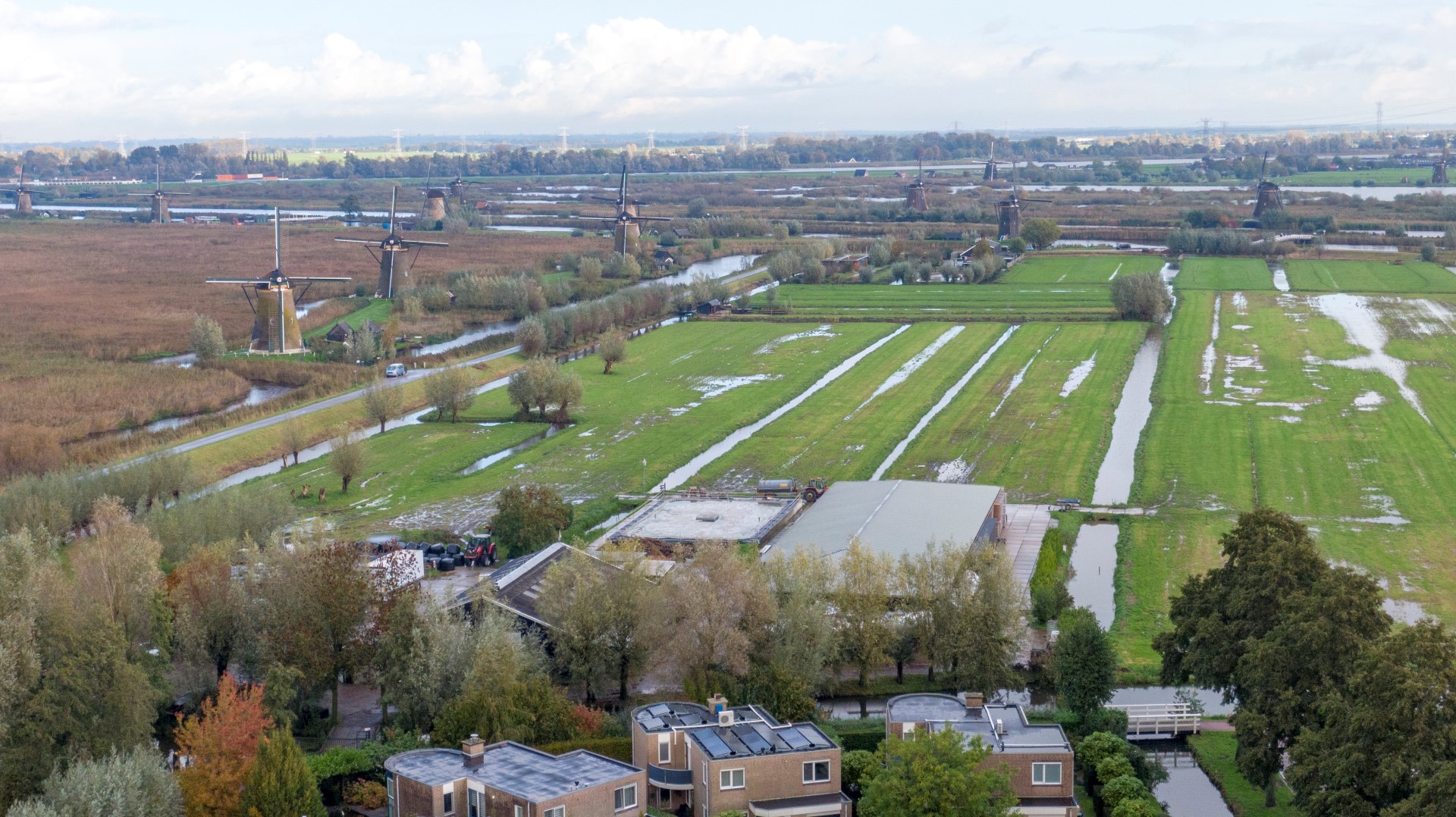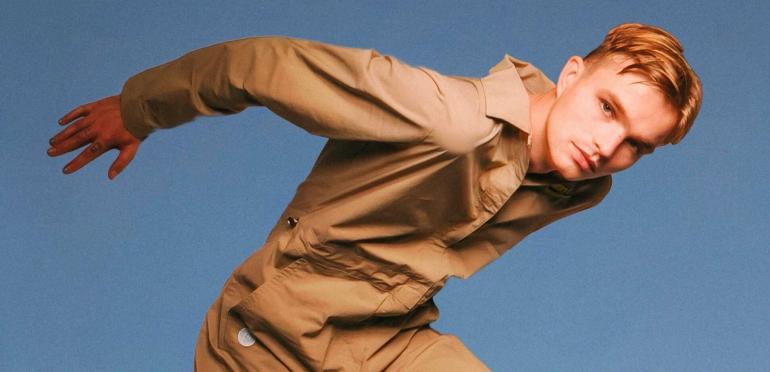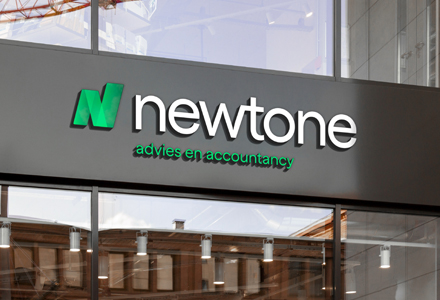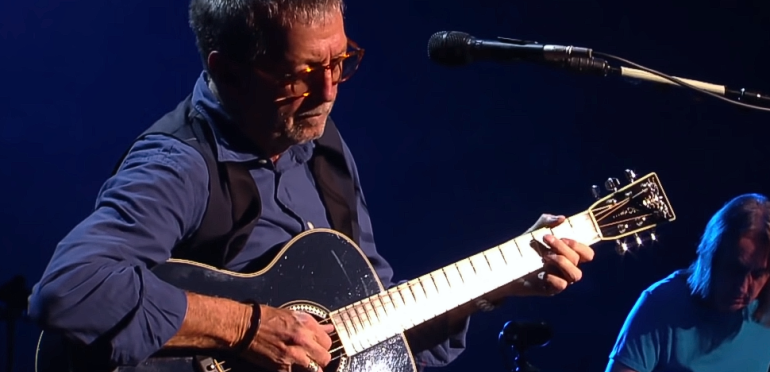ALBLASSERDAM – The province of South Holland has purchased 125,000 square meters of land (about 25 football fields, ed.) of the Biokaas Kinderdijk organic farm and cheese factory in the Blokweer polder in Alblasserdam for around 600,000 euros. The land is now part of the Natura 2000 area ‘Boezems Kinderdijk’ and Nature Network Netherlands. These plots are designed as nature to strengthen this nature reserve.
Although it currently looks natural and green, something will change in the area, says project leader Joost Rink from South Holland Province. “Species diversity is still limited. We hope for more plant and animal species, in part by not using pesticides or fertilization. We will also look at natural water levels in the Blokweer polder.”
It is not yet known exactly what it will look like. “We will investigate this further in the coming years. For example, I know there are marsh birds near Kinderdijk and their conditions are very bad. We will try to make the habitat in the Blokweer polder more habitable for these birds by creating swamps.”
Good news for breeding birds such as Purple Storks, Black Terns or Whiskers. The area around the ‘Kinderdijk’ factory is also used as a wintering and resting place by the Wigeon, Gadwall and Northern Shoveler. To make the newly added areas attractive for this, reed bogs, scrub and open water will alternate.
“This purchase allows for new properties. Biokaas Kinderdijk is in dire straits, partly because of the sale of the land, the company was able to make a new start and continue the farm and cheese factory in an adapted form,” said project leader Joost Rink.
Finally, the Province reports that the entire Blokweer polder will become natural in the future. This concerns 75 hectares of land which is partly owned by various individuals. The province reported: “Plans for this were drawn up by the province in consultation with the Kinderdijk World Heritage Foundation, the Alblasserwaard Nature and Bird Watch, the Rivierenland Water Board, the municipality of Alblasserdam and the Staatsbosbeheer. All private owners in the polder have been approached about this and will remain involved in the future.”

“Falls down a lot. General tv buff. Incurable zombie fan. Subtly charming problem solver. Amateur explorer.”

